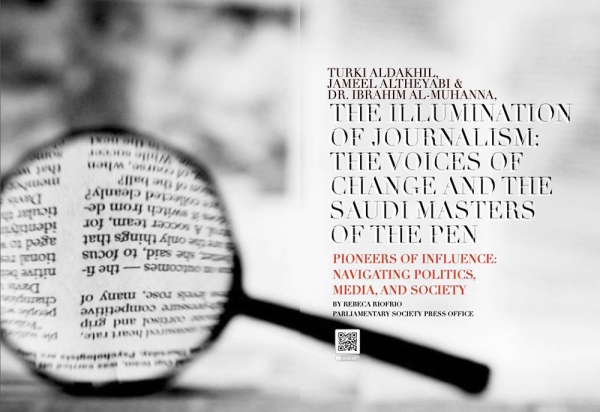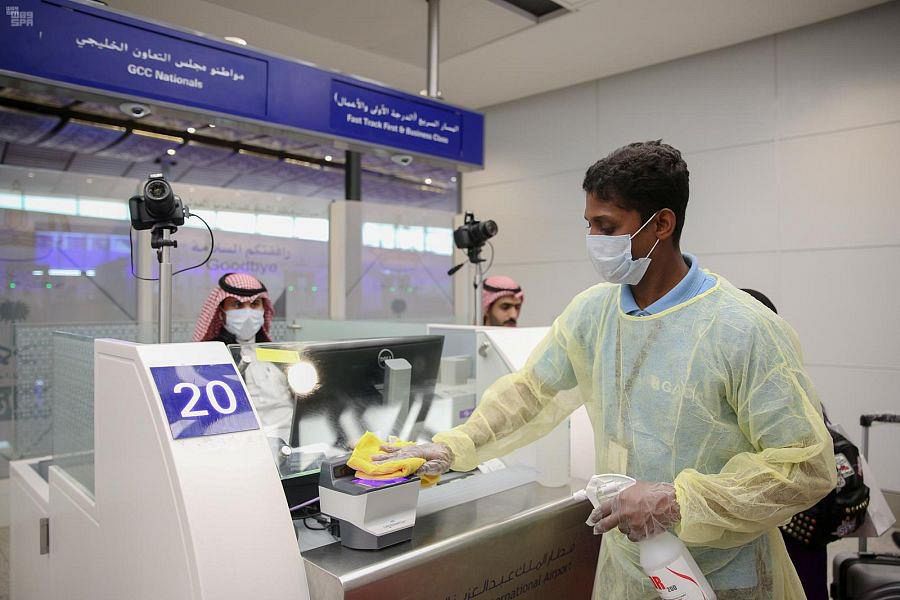
The world is obviously not in the best condition today in light of everything that is happening, most notably the escalating American-Chinese conflict and coronaviruss catastrophic social, economic, and health implications. This has opened the door for rethinking the role of international organizations, starting with the United Nations (UN), and reforming them. The aging organization has become flabby and can longer deal with crises and fulfill its role. Narrow interests and a few major states’ international alliances have hampered its performance, and its principles have become more like slogans.
This organization has unfortunately become incapable; its bodies a series of isolated islands without standards running in a vicious cycle. This is exemplified by the fact that those who have dealt with it claim that they have lost confidence in it. The reasons behind that are not new, even before the crises that we are dealing with today, as a new world is taking form as a result of the pandemic. As the international organization becomes more incompetent, voices are bound to be raised, with every failed attempt made by the Security Council to solve issues, insistence on the necessity of change is reinforced, especially that we are talking about an organization that has been around for more than seven decades. The circumstances, events, and delicacy of the phase that the world is going through have given momentum to calls for radical reform of both content and essence.
The lack of solutions and ways out, as well as the ever-increasing failures and stories of delays have become hallmarks of the meagerness of the UN’s role. Memory is flooded with suspended issues and accumulated crises. Note, for example, the chronicity of the Palestinian issue, the North Korean crisis, Irans nuclear program, its ballistic missiles and interference in foreign affairs and support for terrorism, the Indian-Pakistani conflict and that of China with Taiwan, the Western Sahara issue, Sudan and its issues, and the South American crises. Not to mention the scandals of its peacekeeping missions during the 1990s in Somalia, Rwanda and Bosnia, and today in Syria and Libya. The events in Yemen, for example, unequivocally reflect the imbalance, confusion, and lack of planning from which the United Nations suffer. While international resolutions and principles of international law are clear and explicit, their fickle and self-contradictory implementation is nevertheless dubious.
The organizations successive steps have pushed many to reconsider the UN’s structure and the Security Council’s role and decision-making mechanism. Many have grievances over the administrative and organizational structure of the UN’s bodies, most notably the veto system, which is inconsistent with an explicit text in the United Nations Charter stipulating the "principle of the sovereign equality of all its Members”. There is also the issue of the voting system in the International Monetary Fund, not to mention its dubious selection of envoys for managing crises and global issues, swayed by favoritism and allegiances, and finally the obstruction of the implementation of the decisions of the Security Council because of its impact on the balance of power.
Two centuries ago, the philosopher Immanuel Kant was the first to propose the establishment of a federal system that included all of the worlds countries. In his conception, it would focus on punishing any country that violates the rights of another. The idea of a system of collective security was founded on preventing illegal breaches of the international systems status quo. Indeed, the form it would take evolved after the development of several different formulas for organizing the international community in the aftermath of the European Wars, starting with the Treaty of Westphalia in 1648, which laid down the rules and foundations for ensuring the security of its member states on a collective basis. International relations swiftly continued its path toward cooperation with the Peace of Utrecht in 1713, passing through the Vienna Convention in 1815, which entrenched the concept of collective security, making it a critical component of international relations.
The League of Nations existed between 1919 and 1945, but it failed to carry out its mission. Nevertheless, the leaders of the Allied countries, led by America, who emerged from the Second World War victorious, established the United Nations in 1945, which had six main agencies, General Assembly, the Security Council, the Economic and Social Council, the Trusteeship Council, the International Court of Justice, and the UN Secretariat. Facts like these indicate that the organization, throughout its history, has been developing and incrementally reforming. It has not always been the same entity and has changed, which further supports the calls for reform. Many agree that the UN has structural deficiencies and that it needs not minor, but major surgeries.
In any case, since taking office as Secretary-General of the UN, Antonio Guterres was unable to make a difference despite his enthusiasm. Of course, he cannot just wave a magic wand, but the current circumstances may motivate Guterres to use them according to certain agreement and arrangements, especially after multipolarity has returned with China and Russia, in order restore the UN’s status and to strengthen its body that has been wrecked by damage and corruption in line with this new world and on the basis of neutrality, professionalism, and integrity.
There is a need for a new formulation of the international organization, fixing the imbalance in the capacity to impose international policies and relations. The rapid changes that people are living today give a stronger case for the calls for real reform that changes its structure and not just its appearance.












